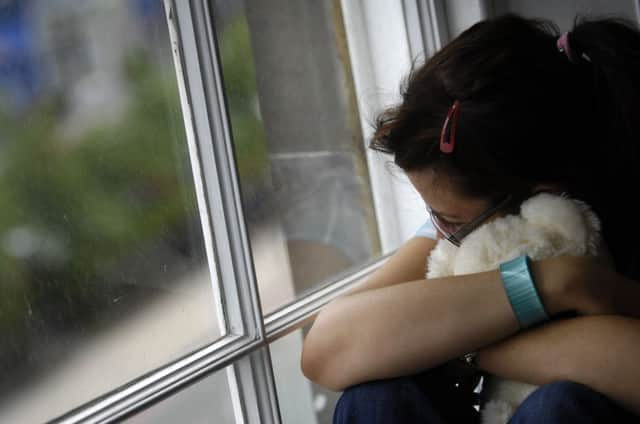Abortion rights are human rights


There should be no regression on human rights protections, especially for the most vulnerable in our society who are most at risk of exclusion, discrimination and abuse.
Access to healthcare for all must be safeguarded. Women and girls are particularly at risk when it comes to reproductive rights.
Advertisement
Hide AdAdvertisement
Hide AdLegislation governing access to abortions in Scotland is reserved to Westminster, with regulatory frameworks overseen by Scottish agencies. Women and girls can access abortions up to 24 weeks, with strict exemptions for abortions beyond this time limit.
However, Northern Ireland is not bound by UK legislation on abortion. Women there are prohibited from accessing safe and legal abortions except in exceptional circumstances – if the mother’s life is at risk. This regressive stance represents not just a failure on international human rights obligations but results in women risking their health by undergoing illegal abortions.
This week, Amnesty International launched its “My Body My Rights” campaign in Northern Ireland to lobby for abortion reform and raise awareness about the grave inequalities faced by women. An opinion poll conducted to launch the campaign found more than 80 per cent of Scots said it was “unacceptable” that women in Northern Ireland have to travel to the UK and pay privately to get an abortion. Furthermore, half of those surveyed were unaware that abortion laws were not uniform across the UK.
It is unacceptable that within the UK we have such a disparity of human rights protections – and that these violations are happening on a daily basis.
Governments must provide access to abortion services, particularly if a pregnancy is the result of rape, sexual assault or incest, or in cases of fatal foetal impairment.
International law states it is for each country to set “reasonable” limits for abortion. We contend a restriction that poses a risk to the life or health of a woman is the antithesis of reasonable.
• Siobhan Reardon is programme director at Amnesty International Scotland